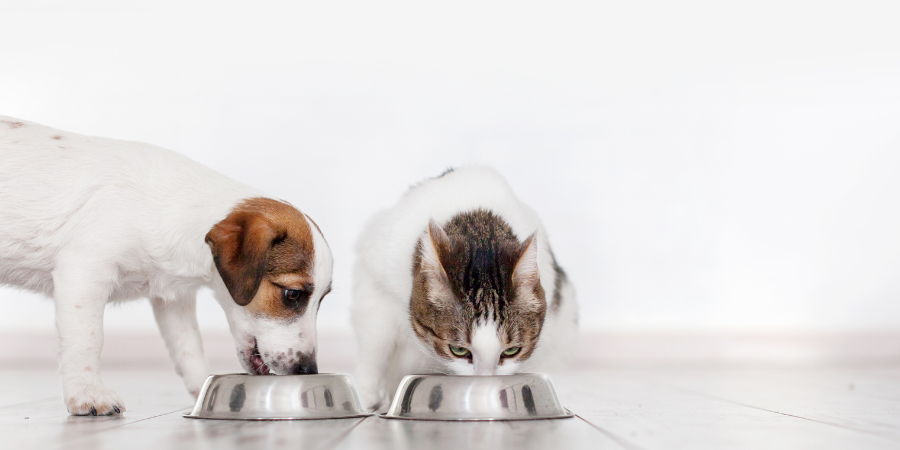A complete guide to buying grain-free cereals
Understand the definition of grain-free food, ingredient evaluation, recipe selection, and storage tips to create a healthy and worry-free grain-free pet dry food solution for your furry friends.
1. What is grain-free food?
Grain-free pet dry food does not contain grains such as wheat, corn, and brown rice. Instead, it uses natural low-allergenic starches such as potatoes, peas, and pumpkin, making it suitable for pets with allergies.
2. Why consider going grain-free?
- Dry food selection for pets with allergies: reduces symptoms such as scratching, rashes, and ear infections.
- Improve digestive issues: Prebiotic joint formula helps smooth bowel movements.
- Weight management and high protein needs: High-protein pet dry food helps build muscle and reduce fat, while Omega-3 and Omega-6 nutrition maintains healthy coat and fur.
3. Analysis of key points for purchase
1. Ingredient Analysis: Animal Protein First
When choosing, confirm that it is a whole meat source such as "Chicken Meal" or "Salmon Meal" and avoid "by-products".
2. Carbohydrate Sources
Prefer potatoes, peas, and lentils, and avoid over-processed potato starch.
3. Adding functionality
- Prebiotics and joint health (glucosamine, chondroitin)
- Omega-3/Omega-6 (EPA/DHA label)
4. Natural vs. Artificial Preservation
Vitamin E (tocopherol) and rosemary extract are preferred, and BHA and BHT should be avoided.
4. Recommended varieties and formulas
| Recipe Type | Applicable Targets | Key indicators |
|---|---|---|
| Puppies/Kittens | Growth and development period | DHA/EPA, calcium-phosphorus ratio |
| Adult dogs/cats | Daily maintenance | Prebiotics, dietary fiber, joint health |
| Senior dogs/cats | Decreased metabolism and joint degeneration | Low phosphorus and sodium, glucosamine, chondroitin |
| Allergies/sensitivities | Skin allergies, indigestion | Single protein source, no common allergens |
5. Purchasing and storage tips
- First, buy a "grain-free trial pack" to see how people accept it.
- Change the diet slowly over 7–10 days to reduce gastrointestinal upset.
- Keep dry, away from light, and tightly sealed. Use within 2 months after opening.
FAQs
Are grain-free foods suitable for dogs and cats?
Both are acceptable, but cats are pure carnivores, so a high animal protein, low carbohydrate formula should be chosen.
Does grain-free mean low-carb?
Not necessarily. Some grain-free grains replace grains with pea starch or potato starch, but are still high in carbohydrates.
How do I decide which one is right for my pet?
Based on age, weight, activity level and health status, and consult a veterinarian.

